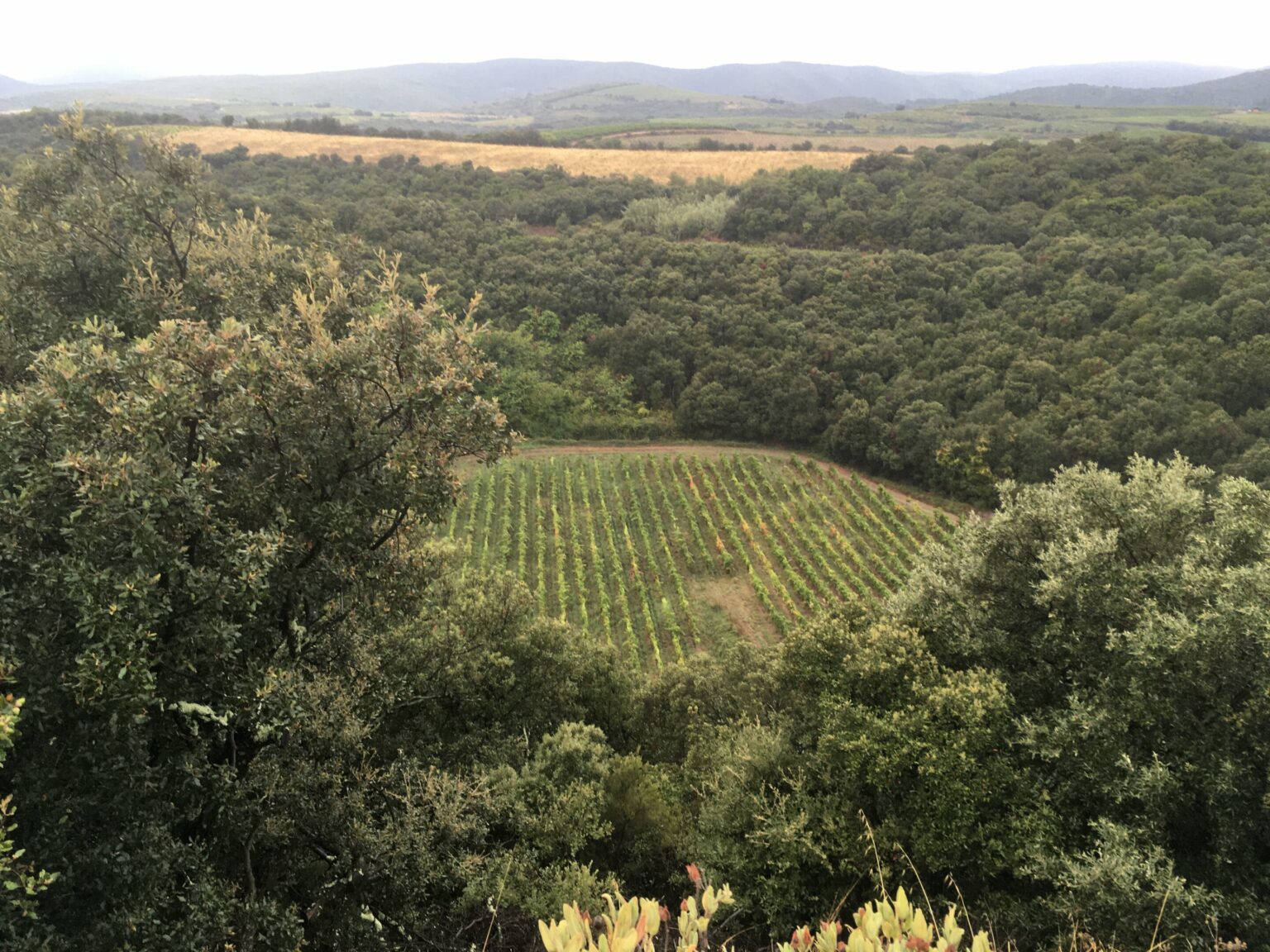Many years ago, scientists have already assumed that the round depression in which one of the vineyards in the south of France is located is actually a meteorite crater. But then they abandoned this idea. Now a new confirmation has been found for it.

Vineyard in a meteorite crater
Geologist and cosmochemist Professor Frank Brenker from Goethe University in Frankfurt was on vacation and traveling in France when his attention was attracted by a winery named “Domaine du Météore”. The fact is that one of its vineyards is located in a circular depression with a depth of 30 and a diameter of 220 m.
Its unusual shape back in the 1950s led to the theory that it was an ancient crater from a meteorite fall. However, a few years later, scientists refuted this assumption. But the name associated with meteorites remained.
New research
Brenker decided to study the possible crater in detail, because he believed that alternative geological explanations simply did not satisfy all the features of this place. He selected rock samples and examined them in the laboratory. The presence of mica veins, which are characteristic traces of meteorite impacts, is immediately detected.
The geologist also found traces of breccia in the samples — a material consisting of cemented fragments of rocks. It can also be formed as a result of meteorite impacts. The researchers were convinced that the vineyard could be a meteorite crater and next year gathered a large team to study it on the spot.
First of all, it turns out that the magnetic field in the vineyard is much weaker than in its surroundings. This is also very typical for meteorite craters. They were finally convinced of the correctness of the assumption by the discovery of spheres made of iron and nickel with a diameter of about 1 mm. They are formed exclusively by explosions of “heavenly rocks”.
Why is a meteor crater a great event?
Despite the fact that meteorites regularly crash into the earth, traces of these events are difficult to find due to the fact that erosion erases them in a few hundreds and thousands of years, especially where it rains intensively. There are only 190 impact craters registered worldwide.
There are only three known in Western Europe. These are the Rochechouart in Aquitaine, France, the Nördlinger Ries between the Swabian Alb and the Franconian Jura, and the Steinheim Basin near Heidenheim in Baden-Württemberg (both in Germany). Now they will be joined by another one at the French winery.
According to phys.org
Follow us on Twitter to get the most interesting space news in time
https://twitter.com/ust_magazine

